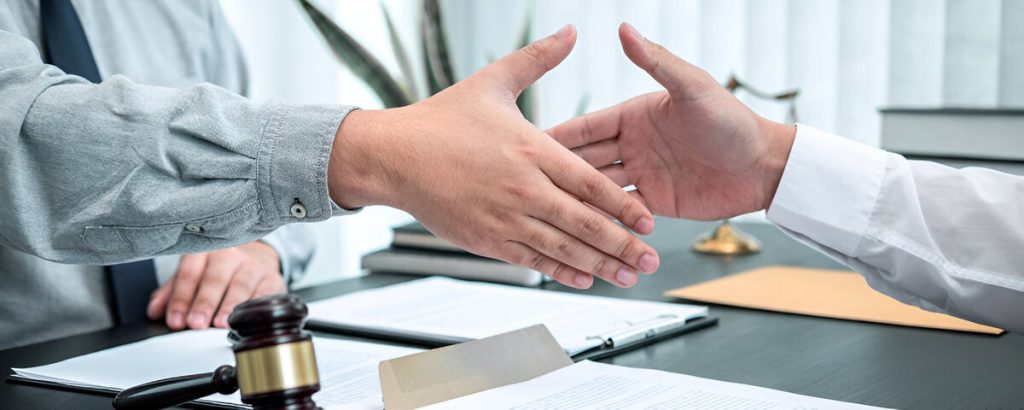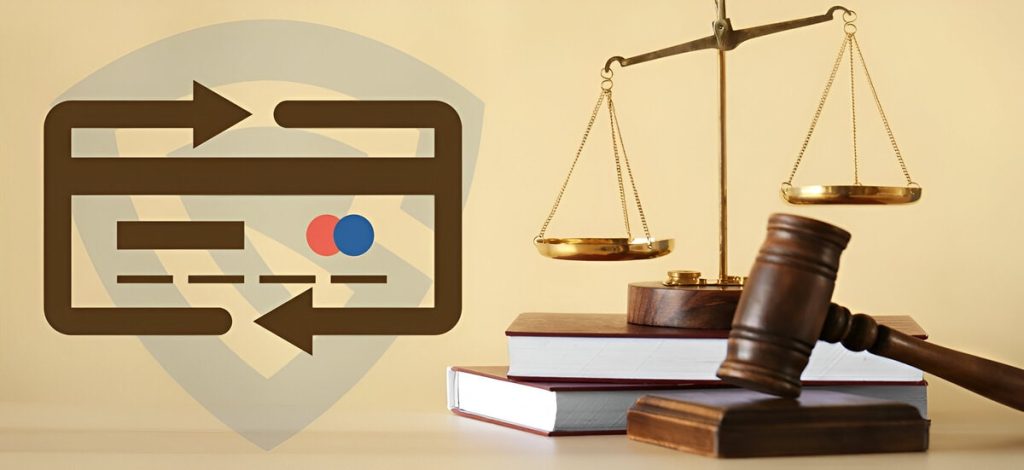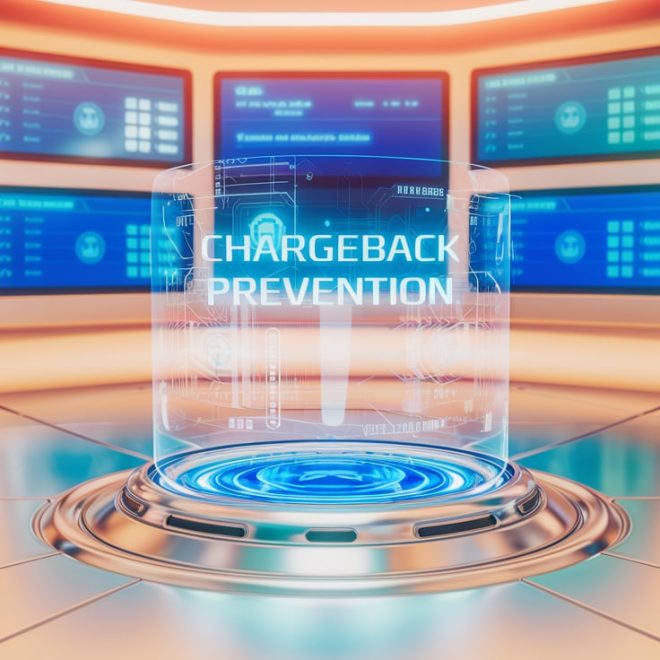Chargebacks are a major concern for businesses, costing merchants significant revenue each year. Learning how to effectively appeal a chargeback decision can help you retain funds and protect your business reputation. This guide outlines the chargeback appeal process, steps to take, and best practices for presenting evidence. Facts and numbers will provide concrete insights, helping you improve your success rate.
What Is a Chargeback?
A chargeback occurs when a cardholder disputes a transaction, and their bank reverses the payment. This system protects consumers but leads to significant financial losses for merchants. Visa reports that chargeback fees typically range from $15 to $100, excluding the lost revenue from the transaction itself. Businesses with too many chargebacks risk penalties, higher processing fees, or even termination of their merchant account.
Common Reasons for Chargeback Denials
Many chargeback appeals fail due to avoidable mistakes:
- Insufficient Evidence: Without documentation like receipts or proof of delivery, the bank is unlikely to reverse a chargeback.
- Missed Deadlines: Card networks enforce strict deadlines for submitting evidence, generally within 30 to 45 days.
- Fraud or Customer Dispute: If customers claim fraud or dispute service quality, this can lead to a chargeback unless you have clear proof of legitimacy.
Always ensure that you collect and retain proper documentation and adhere to the specific guidelines of the payment network you’re working with.
Steps to Appeal a Chargeback Decision
Step 1: Review the Chargeback Notice
The first step is understanding the chargeback notice, which includes a reason code explaining why the chargeback occurred. Visa, Mastercard, and American Express each have specific codes to indicate reasons such as fraud, product not received, or defective goods.
| Card Network | Time to Respond | Chargeback Fees |
|---|---|---|
| Visa | 30 Days | $15-$100 |
| Mastercard | 45 Days | $20-$75 |
| American Express | 20-30 Days | $15-$50 |
Reviewing this notice helps determine what evidence you’ll need to compile.
Step 2: Gather and Submit Evidence
Depending on the reason code, you will need to provide evidence proving that the transaction was legitimate. Common types of evidence include:
- Transaction Receipts
- Shipping Confirmations
- Customer Communication Logs
- Terms and Conditions
These documents can make or break your case. For example, if a customer disputes receiving an item, presenting a delivery confirmation signed by the customer can counter their claim.
| Type of Evidence | Usage | Success Rate |
|---|---|---|
| Transaction Receipts | All disputes | 80% |
| Shipping Confirmation | Product not received | 85% |
| Customer Communication | Misunderstandings or disputes | 70% |
| Signed Agreements/Terms | Unauthorized transaction disputes | 60% |
Make sure to organize the evidence in a clear and logical way. Submitting comprehensive, well-structured documents increases the likelihood that your appeal will be successful.
Step 3: Write a Chargeback Rebuttal Letter
A rebuttal letter summarizes your case and presents the key evidence. It should be clear, concise, and focused. Avoid lengthy explanations and focus on facts, such as:
- Chargeback Reason Code: State why the chargeback is unjustified.
- Summary of Key Evidence: Highlight the most relevant documentation.
- Transaction Details: Briefly explain the transaction.
For example, if the reason for the chargeback is that the customer didn’t receive the product, you should include proof of shipping, delivery confirmation, and any communication you had with the customer.
Step 4: Submit Your Appeal and Track Progress
Submit your evidence and rebuttal letter through the designated channels for your payment processor. Each network has specific submission methods, so ensure you follow these to avoid delays. Mastercard’s guidelines indicate that the appeal process can take up to 75 days, during which the issuing bank and card network will review the evidence.

Understanding Pre-Arbitration and Arbitration
If your initial appeal (representment) fails, you may need to enter pre-arbitration. This phase allows both parties—merchant and customer—another opportunity to resolve the dispute before it goes to arbitration. In arbitration, the card network makes the final decision, and this ruling is binding.
Arbitration can be expensive. Fees can reach up to $500 per case for the party that loses. According to Mastercard, merchants should carefully assess whether the potential recovery justifies the arbitration costs, especially for lower-value transactions.
When Should You Appeal a Chargeback?
Not all chargebacks are worth the time and effort of an appeal. Here’s when you should consider disputing a chargeback:
- High-Value Transactions: If the disputed amount is significant, it’s worth investing the time to appeal.
- Clear Evidence: If you have solid proof (such as a delivery confirmation or signed agreements), your chances of winning are much higher.
- Preventing Fraud: Recurring chargebacks from the same customer may signal fraud. Fighting these can help protect your business from future losses.
In situations where the transaction amount is small or your evidence is weak, it may be better to accept the chargeback and focus on preventing future ones.
Tip: For better chargeback prevention, consider working with Merchanto.org, an official partner of Visa and Mastercard. Merchanto offers services to help merchants reduce chargebacks by using advanced fraud detection tools and dispute management strategies. Learn more at Merchanto.org.
Chargeback Prevention Tips
Rather than focusing solely on appealing chargebacks, preventing them in the first place is critical. Here are some practical steps to minimize chargebacks:
- Clear Refund Policies: Make sure your return and refund policies are easy to find and understand.
- Fraud Detection Tools: Implement fraud detection features like Address Verification Systems (AVS) and CVV matching to prevent unauthorized transactions.
- Chargeback Alerts: Use alert systems that notify you when a dispute is initiated, giving you a chance to resolve the issue before it becomes a chargeback.
- Customer Communication: Proactively communicate with customers to address potential issues before they file a dispute.
A report from Checkout.com found that businesses using chargeback alert systems reduced their chargeback rates by 35%. This proactive approach not only saves money but also protects your reputation with payment processors.
Chargeback Statistics: Industry Overview
| Year | Estimated Chargeback Costs (Global) | Merchant Losses |
|---|---|---|
| 2021 | $102 Billion | $64 Billion |
| 2022 | $110 Billion | $70 Billion |
| 2023 (Est.) | $117 Billion | $79 Billion |
The global cost of chargebacks continues to rise. As of 2023, an estimated 44% of chargebacks are due to friendly fraud (when customers dispute legitimate charges), making it a growing concern for merchants. This number has increased from 40% in 2022, reflecting the need for stronger prevention strategies.

The Arbitration Process Explained
Arbitration is the final step in the chargeback process, where the card network makes the ultimate decision. Merchants may face arbitration fees, often reaching $500 per case for the losing party. This process can take months, and decisions are final.
| Stage | Description | Fees |
|---|---|---|
| Pre-Arbitration | Last chance for banks to resolve before escalating | Varies by network |
| Arbitration | Card network reviews and makes a final ruling | $500+ for losing party |
Mastercard’s guidelines recommend pursuing arbitration only when you have strong evidence and the disputed amount is substantial enough to cover the costs. For small disputes, arbitration fees often exceed the transaction value, making it impractical.
Best Practices for Preventing Future Chargebacks
Here are proven strategies for preventing chargebacks in the future:
- Transparency: Be clear with customers about shipping times, return policies, and terms of service.
- Real-Time Fraud Monitoring: Use tools that detect suspicious activity and flag high-risk transactions.
- Customer Service: Respond to customer inquiries promptly to resolve issues before they escalate into disputes.
Conclusion
Appealing a chargeback decision requires meticulous preparation and strong evidence. By understanding the chargeback process, organizing your rebuttal effectively, and knowing when to escalate a dispute, you can significantly improve your chances of winning. Additionally, preventing chargebacks through better fraud detection and customer communication can save time and money.
Staying informed about industry guidelines from Visa, Mastercard, and other networks is essential to keeping your chargeback rates low.



